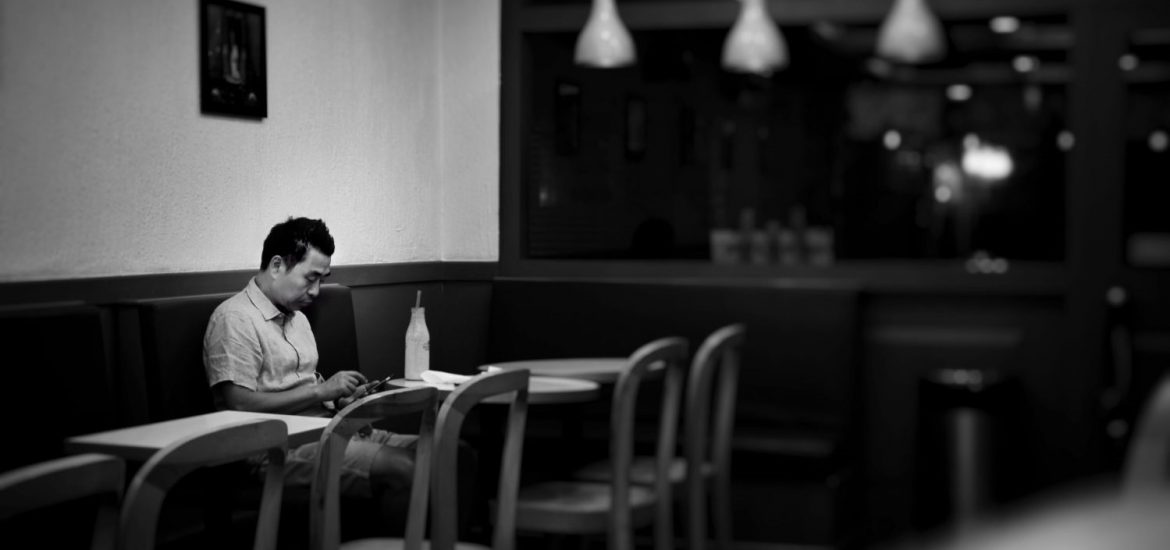Not long after the death of my grandfather (爷爷/爺爺), my family resumed its familiar tradition.
When both my grandparents were alive, my parents, my sister and me would be regularly treated to dinner at their home, where we’d enjoy the familial and communal experience of eating together and watching television.
The stark difference now was the absence of my grandfather who had always prepared the meals for everyone for many years.
I still remember one of the first dinners we had together without my grandfather.
I flipped on the TV to watch the Los Angeles Lakers play basketball, and I paused for a moment.
The experience felt surreal.
My grandfather often made his opinions about basketball known to everyone who’d be willing to listen as we watched games during dinner time.
I enjoyed listening to his commentary, even if his supposedly well-informed insights seemed silly at times.
As my grandmother (奶奶), my parents, my sister and I began eating and conversing that evening, I remember feeling like I was sitting in a silent room because I didn’t hear my grandfather’s voice.
There was definite sense of lack, but that feeling slowly disappeared as everyone tuned in to the action on the screen and started providing their own commentary about the basketball game.
I’m certain that my grandfather would’ve expressed his displeasure with our uninformed observations that night, but the experience offered a sort of comfort and familiarity that helped us all cope with our loss.
Or at least that’s what helped me get through that night and future intergenerational family dinners that followed.
As one of my Buddhist teachers once said, our narratives shape everything that we experience in the present moment.
Our countless experiences in the past and our stories about them have set in motion what we’re experiencing now.
Fully appreciating and comprehending the breadth of my present-moment experiences is one the greatest challenge I still face in my practice.
An all-encompassing experience of mindfulness forces us to confront our insecurities and sufferings, and that’s understandably hard to embrace.
It’s challenging when moments in my life remind me of my grandfather and the acute grief I felt when he passed.
Yet I trust that a profound placidity can be nurtured by courageously bringing mindfulness to the present and finding the strength to face of whatever it brings.


